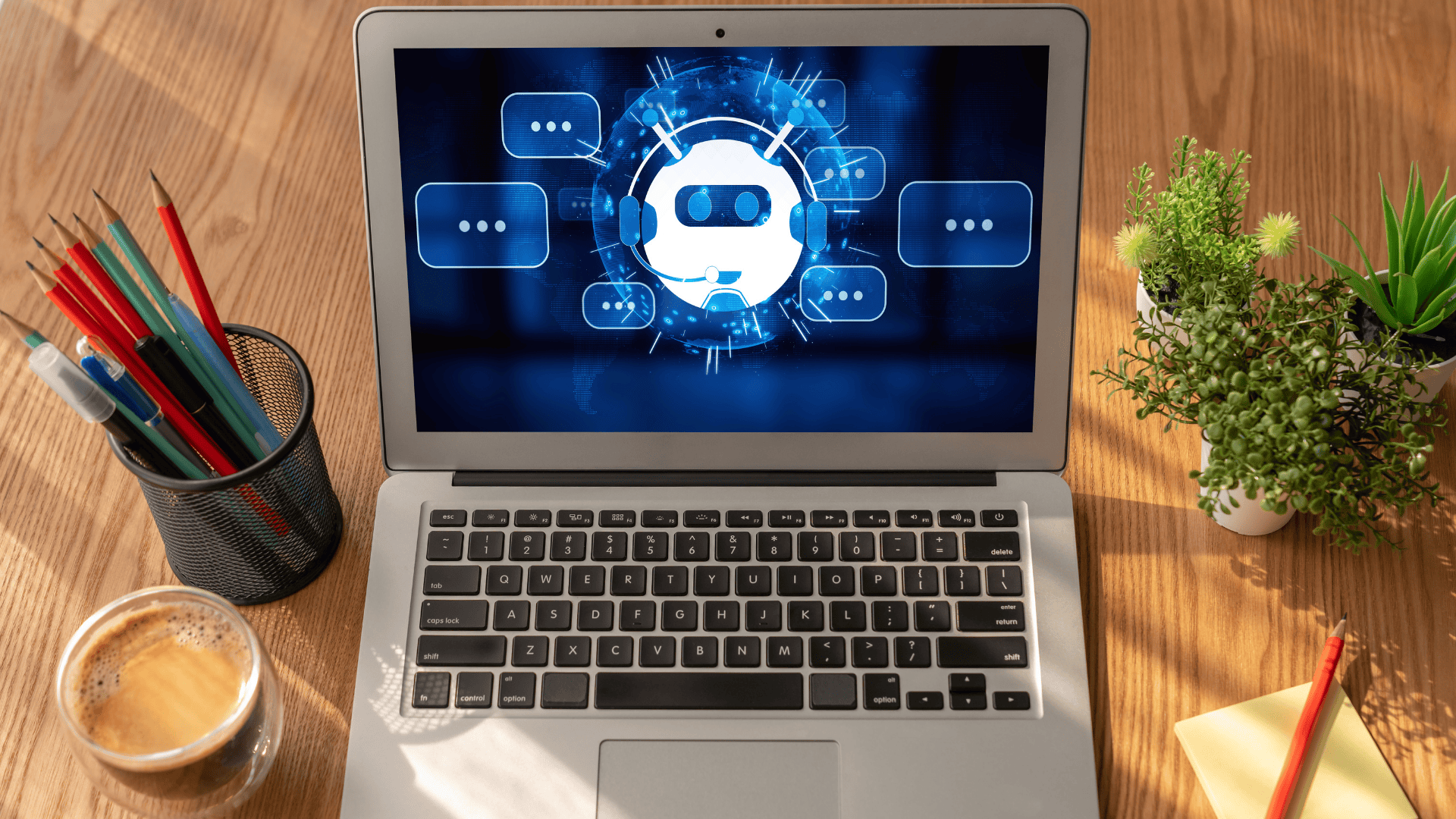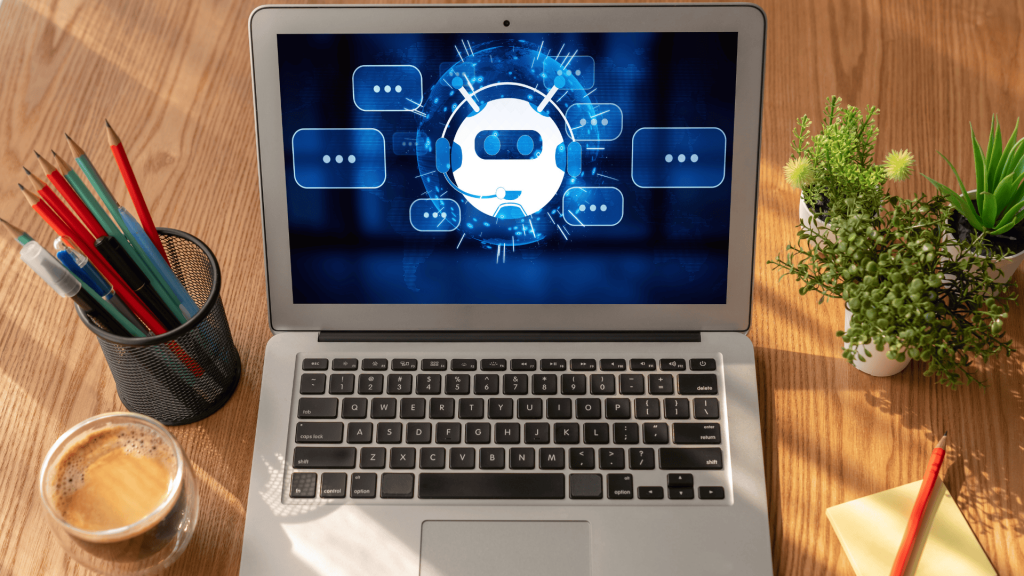AI translation tools are fast, convenient, and getting better every day. With a few clicks, you can translate a webpage, an email, or even a whole document into multiple languages.
For a quick draft or casual use, it’s tempting to rely entirely on machine-generated translations. But there’s one big problem: Speed doesn’t always guarantee accuracy.
When the message matters, AI isn’t always enough. And relying on it without some very particular oversight can hurt your reputation or cause you to miss the mark entirely.
So what’s the real difference between AI and human translation? And when should you choose one over the other? Let’s break it down.

1. AI Translation Is Fast, But Shallow
We can’t deny the speed of AI. Tools like ChatGPT and DeepL can process thousands of words in seconds. That’s useful when you need a rough understanding of foreign-language content or need help communicating in real time. But AI’s strength is also its weakness: it works best with simple, direct sentences. When you throw in idioms, regional expressions, or emotional nuance, things start to unravel.
AI may technically “translate” the words, but the meaning often gets lost. And that’s where things get risky. You might end up with phrasing that’s awkward, unclear, or just plain wrong. In some languages, the wrong word choice can shift the tone from polite to rude, or change a compliment into an insult.
That’s not a mistake you want to make in the business world. It can ruin your relationship with a customer or partner, and possibly even damage your brand’s reputation as a whole.
2. Human Translators Understand Tone and Intention
Language is ultimately about intention. It’s about what you’re saying and how it’s received.
This is where human translators shine. They look past the literal sentence and ask, What’s the goal? Who’s the audience? What cultural context needs to be respected here?
That kind of decision-making requires emotional intelligence and real-world experience — things that AI simply doesn’t have.
“To accurately convey the essence of words or phrases from one language to another, a high level of familiarity and perceptiveness is necessary,” ASTA-USA Translation Services explains. “Artificial intelligence software lacks this ability and is unable to detect cultural context, nuanced meanings, or subtle distinctions. In turn, AI-powered translation tools are prone to errors, omissions, and mistranslations.”
In other words: If the message actually matters, a machine won’t cut it. You need someone who understands meaning and can translate with intention in mind.
3. Cultural Context Can Make or Break
Think about humor or sarcasm. Or consider a phrase like “Let’s table that for now.” In American English, it means postponing something. In British English, it can mean bringing it up for discussion. The words are the same, but the phrase has opposite meanings.
Now imagine that kind of confusion in a legal agreement or a marketing campaign. Or what about a healthcare document for a multi-lingual hospital?
Human translators understand that language lives inside culture. As a result, they’re able to adjust phrases, reframe ideas, and sometimes rewrite content entirely to make sure it lands the right way with the target audience. AI can’t do that. It doesn’t live in the world it’s translating into. It processes patterns, but it doesn’t understand people.
4. Industry-Specific Language Needs Precision
If you work in law, medicine, finance, or any technical field, you know how specific your language needs to be. Acronyms, specialized vocabulary, and regulatory terms require domain knowledge.
AI can stumble here, especially when a word has different meanings depending on the context. “Charge” in a legal setting doesn’t mean the same thing as “charge” in an electrical engineering document.
Professional human translators who specialize in your industry know these nuances. They’ve worked with the material and they understand the implications. To put it another way, they don’t just translate — they interpret.
5. Quality Control Is a Human Task
Even the best AI translation tool won’t proofread its own work. It won’t double-check tone. And it certainly won’t catch that your brand slogan means something wildly different in another language.
Human translators can review and edit, making judgment calls along the way. If you’re building a global brand, having this level of nuance shows you take your audience seriously, no matter where they are or what language they speak.
When to Use AI (and When to Call in the Pros)
We’re not trying to act like AI is bad or can’t be useful. AI translation tools are great for some tasks. This includes:
- Getting the gist of a foreign-language email
- Internal drafts or early-stage content
- Quick travel or customer service assistance
- Casual conversation or low-stakes copy
However, you shouldn’t rely on AI when the stakes are high or the project is complicated. In these cases, human translation is important. That includes when:
- You’re publishing anything public or customer-facing
- You’re working with legal, medical, or technical content
- Cultural accuracy and tone matter
- You’re translating brand messaging, ad campaigns, or website copy
- Mistranslation could lead to legal, financial, or reputational risk
Knowing When to Use AI vs. Human Translation
AI has its place. It’s a powerful tool that continues to improve. But it’s not a replacement for human understanding — especially when the stakes are high.
When your content shapes perception or drives revenue, you need more than speed. You need accuracy, context, and trust. And that’s something only a human can provide.
So the next time you’re tempted to hit “translate” and move on, consider what’s at stake and whether it’s worth taking a bit more time to get it right.

Founder Dinis Guarda
IntelligentHQ Your New Business Network.
IntelligentHQ is a Business network and an expert source for finance, capital markets and intelligence for thousands of global business professionals, startups, and companies.
We exist at the point of intersection between technology, social media, finance and innovation.
IntelligentHQ leverages innovation and scale of social digital technology, analytics, news, and distribution to create an unparalleled, full digital medium and social business networks spectrum.
IntelligentHQ is working hard, to become a trusted, and indispensable source of business news and analytics, within financial services and its associated supply chains and ecosystems











